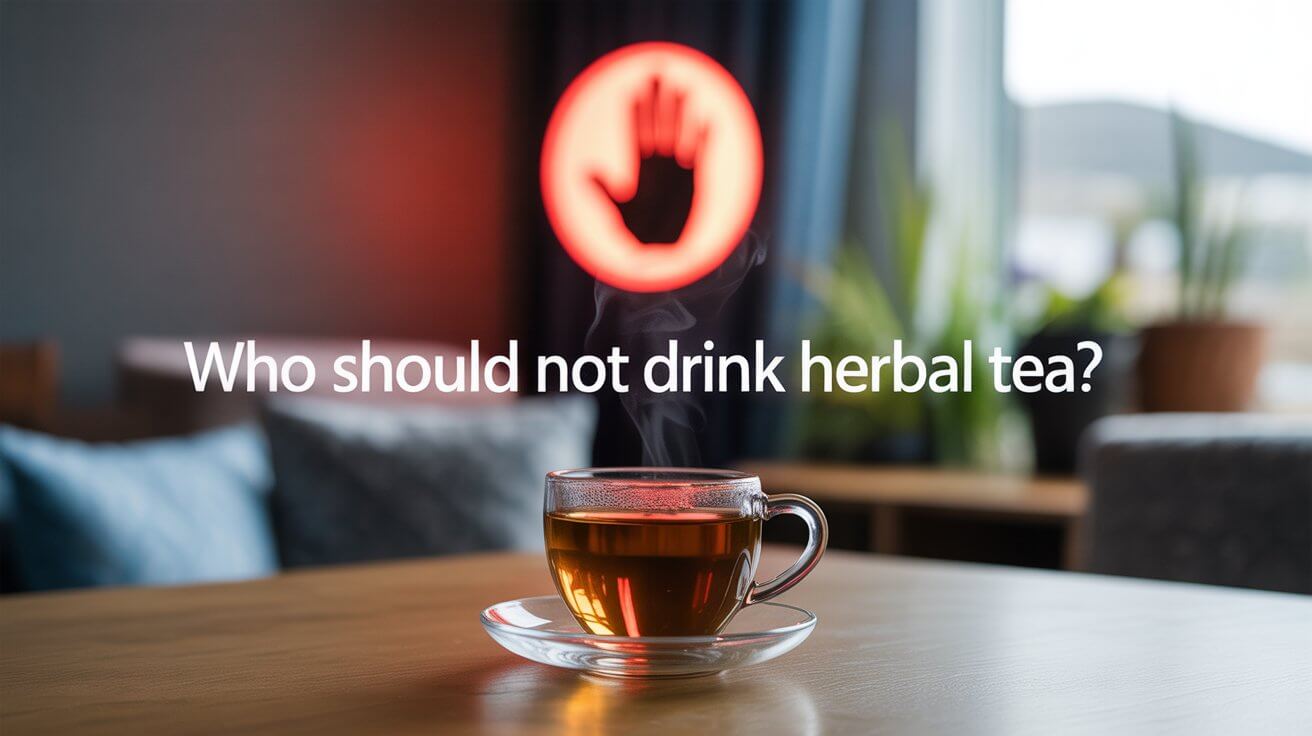Herbal teas have become a wellness trend across the world. People drink them for relaxation, detox support, and even weight management. While many blends offer benefits, it’s important to remember that “natural” does not always mean “safe for everyone.” Herbal teas can have powerful effects on the body, and in certain cases, they may not be the right choice.
If you enjoy tea as part of your daily routine or you’re exploring products like slimming tea, it’s worth knowing who should not drink herbal tea and what precautions to keep in mind.
Is Herbal Tea Safe for Everyone?
For most healthy adults, herbal teas are safe when consumed in moderation. They can soothe digestion, reduce stress, and provide a comforting ritual. But not every herb works the same way. Some herbs interact with medications, others can be too stimulating, and a few may cause unwanted side effects if overused.
The key is to choose the right type of tea, understand your body, and drink it responsibly.
Who Should Avoid Herbal Teas or Limit Intake
While many people enjoy herbal teas without issue, certain groups should be more cautious:
1. Pregnant and Breastfeeding Women
Pregnancy is a delicate time, and not all herbs are safe. Teas containing ingredients like sage, parsley, licorice root, or hibiscus may trigger complications or affect milk supply. Even seemingly mild herbs like chamomile should be used with caution, since they may cause uterine contractions.
2. Children
A child’s system processes compounds differently than an adult’s. Herbal teas may be too concentrated for them, and some ingredients could cause stomach upset or allergic reactions. Always check with a pediatrician before offering herbal tea to children.
3. People with Chronic Health Conditions
Those with kidney or liver disease, heart conditions, or hormonal disorders need to be careful. Certain herbs put extra stress on the organs, while others may raise blood pressure or interfere with hormone balance.
4. Individuals Taking Medications
Herbal teas can interact with prescription drugs. For example:
-
St. John’s Wort reduces the effectiveness of antidepressants and birth control pills.
-
Licorice root can interfere with blood pressure medication.
-
Ginseng and ginkgo may affect blood-thinning medications.
If you’re on medication, it’s best to consult a healthcare provider before making herbal tea a daily habit.
5. People with Allergies
Because herbal teas are plant-based, they can trigger allergic reactions. If you have seasonal allergies or plant sensitivities, always read the ingredient list carefully.
Specific Herbal Teas That May Cause Issues
Not all herbal teas are harmless. Here are some common examples that need extra caution:
-
St. John’s Wort – Known for mood support, but interacts with many medications.
-
Licorice Root – Can raise blood pressure and lower potassium levels.
-
Senna – A natural laxative; not safe for long-term use and may lead to dehydration.
-
Peppermint – Helps with bloating, but may worsen acid reflux in some people.
-
Hibiscus – Refreshing, but may lower blood pressure too much for people already on medication.
Understanding these potential risks helps you make safer choices.
Safer Alternatives for Everyday Tea Drinkers
If you want a soothing tea but fall into a higher-risk group, you may still have options. Gentle teas like rooibos, ginger in moderation, or mild blends made specifically for digestion and detox are often well-tolerated.
For those focused on metabolism and weight support, choosing a balanced blend is even more important. Many readers of this site enjoy starting their day with All Day Slimming Tea, a carefully crafted tea designed to support digestion, boost energy, and promote healthy weight management. Because it’s formulated with natural yet balanced ingredients, it makes a great choice for people looking to enjoy herbal tea benefits safely.
Tips for Drinking Herbal Tea Responsibly
If you decide to include herbal teas in your daily routine, keep these tips in mind:
-
Start with small amounts and notice how your body reacts.
-
Avoid adding too much sugar or artificial sweeteners.
-
Rotate your teas instead of drinking the same herb daily.
-
Always read the ingredient label to avoid unwanted herbs.
-
Check with your healthcare provider if you’re pregnant, breastfeeding, on medication, or managing a chronic illness.
Final Thoughts
Herbal teas can be a wonderful addition to a healthy lifestyle, but they aren’t suitable for everyone. Pregnant women, children, people with medical conditions, or those taking certain medications should be cautious. And while herbs can be powerful allies, they can also create complications if used incorrectly.
The safest approach is to enjoy high-quality teas in moderation and choose blends that are formulated with health in mind. If you want a natural way to start your mornings, consider trying All Day Slimming Tea alongside a balanced breakfast. It’s an easy, enjoyable ritual that helps support your wellness goals without unnecessary risks.


Leave a Reply